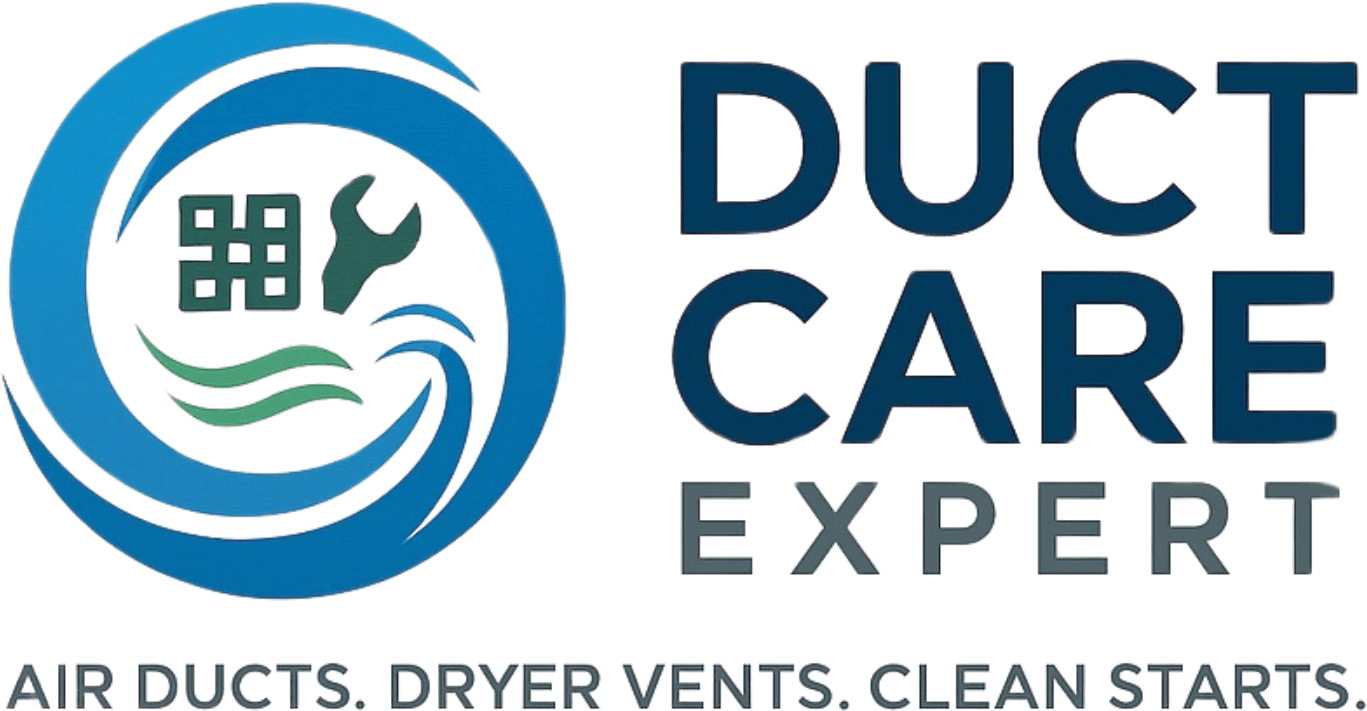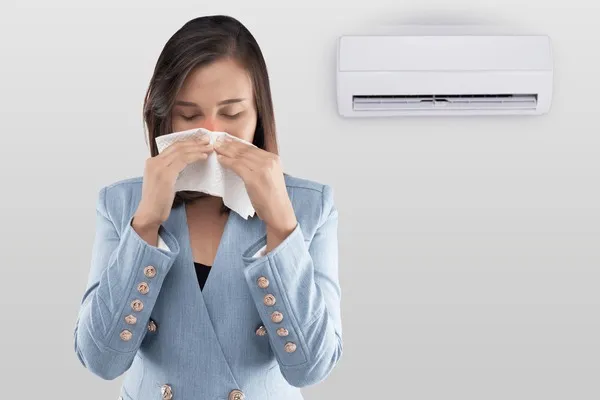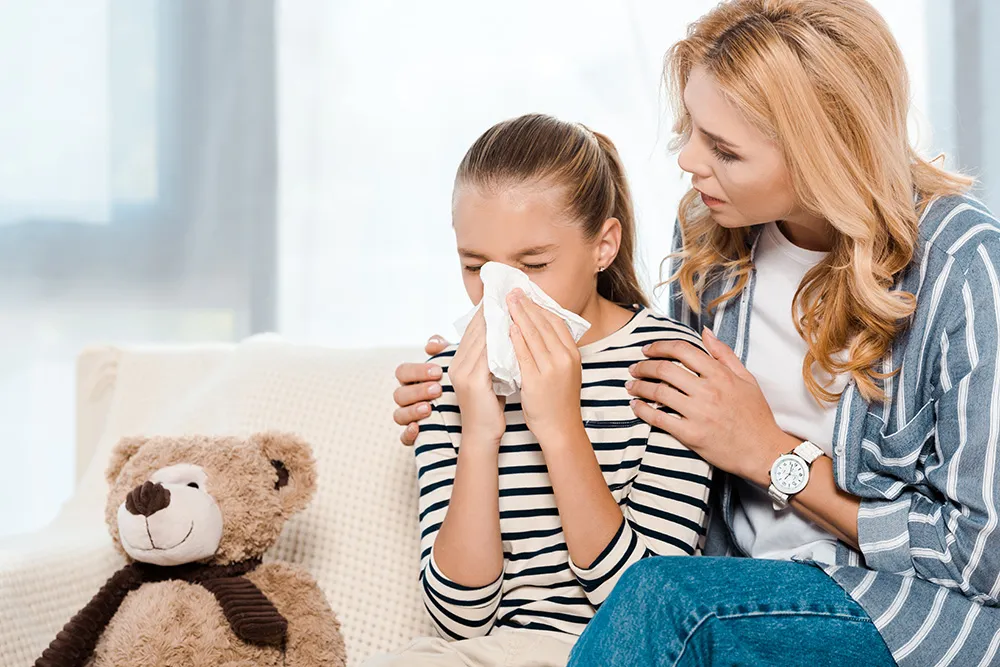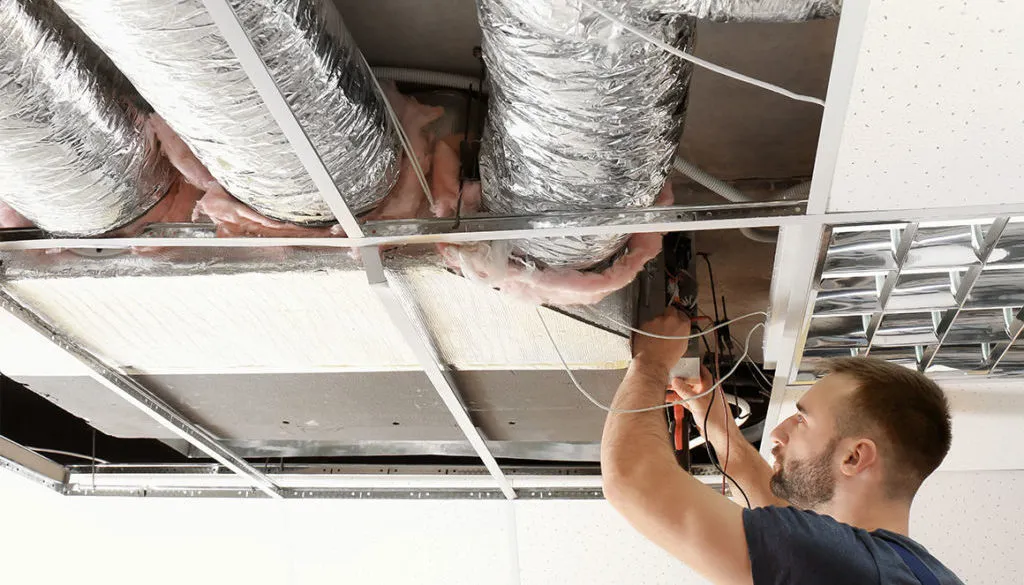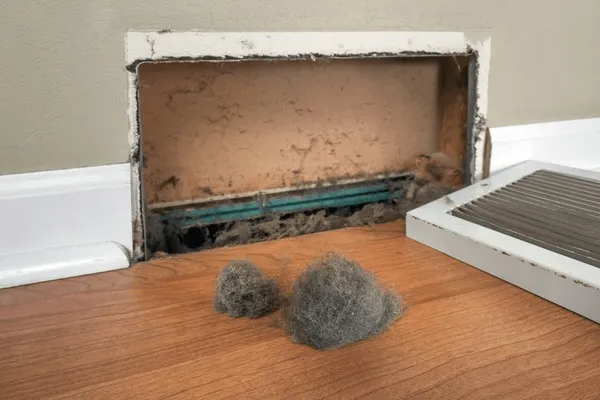
06 Aug
Having a pet allows us to have a family member who lives with us in the house in the form of a delightful, hairy friend. They cheer us up, they make us warm, and they provide good company. Nevertheless, you might not be aware that the hair that is shedding off the pet is affecting the most important mechanism in the home, the HVAC unit. The existence of pets may make filters clogged and limit appropriate airflow, which leads to the development of expensive issues and a low quality of air.
This article aims to discuss the impact of pet hair in air ducts. Additionally, we will discuss the importance of HVAC cleaning in Atlanta, a state that is known for its love of pets, as well as the seasonal allergies that worsen the air quality.
Pet Hair in Air Ducts as an HVAC System Problem
Having hairy friends at home is always a joy, but as nice as it sounds, pets bring a whole set of problems, and HVAC systems are no exception. Most electric appliances are designed to be operated seamlessly, and to a great extent, modern HVAC systems are no exception. They are designed to circulate air efficiently. Pet hair in air ducts could cause a whole number of problems.
Blocked Heat Filters
In comparison to other households, pet-owning households are known to face problems as hair and dander accumulate rapidly. Apart from the air filters, many other devices face problems, as having clogged air filters makes it impossible for the HVAC system to pull air, resulting in the appliance having to overexert and leading to breakdowns. Over time, pet hair in air ducts can also lead to complete blockages that reduce system life.
The Accumulation of Hair in Air Ducts
When filters aren’t changed regularly or if they are bypassed with pet hair, they begin to accumulate hair within the ductwork. Over time, pet hair in air ducts will restrict airflow and spread allergens throughout your home. This not only lowers indoor air quality but also triggers respiratory problems for sensitive individuals.
Allergen Exposure and Irritation
Pet hair is a carrier, which is one of the major components of allergens. Hair from the pet will be carried long distances when air is in motion with the help of the HVAC system, and this will be released in every room, which is hell for people dealing with allergies and asthma. Pet hair in air ducts contributes heavily to the continuous spread of these allergens.
The Effect of Hair in Air Ducts
Let’s talk about the air duct issues related to air quality and system performance.
Reduced HVAC Efficiency
If airflow is restricted or ducts are clogged, your system works even harder trying to achieve your preferred temperature, which at this point is extremely taxing. In homes with pets, pet hair in air ducts can silently hinder airflow, making your HVAC system less efficient without you even noticing right away.
Deteriorating Quality of Air in the House
Pet dander and hair in the ducts are capable of bringing in uncontrolled circulation that results in sneezing, coughing, and a burning feeling in the eyes. This is often due to pet hair in air ducts building up over time.
Odor Accumulation
Pet hair can capture animal-related smells. Therefore, your residence could begin to accumulate an odor for pets after a while as a result of air circulation through the HVAC system. Regularly addressing pet hair in air ducts can reduce these lingering pet-related odors.
How to Check If Pet Hair Is Messing With Your HVAC System
If you’re not sure whether or not your pets are affecting your HVAC system, look out for these:
-
A musty or “pet-like” odor in the house
-
Pets’ allergies in the family
-
Temperature differences in various parts of the house
-
A buildup of grime, hair, or dust around the vents
-
Change of HVAC system filters regularly
Maintenance Tips for Heating, Ventilation, and Air Conditioning (HVAC) for Homes With Pets
Avoiding expensive repairs and keeping the air in your house clean requires regular maintenance. HVAC cleaning for pet owners helps by:
Increased Filter Change Frequency
For households with pets, filters must be changed every 30 to 60 days. Pet households may want to consider HEPA filters for better allergen control.
Always Book Professional Pet Duct Cleaning
Specialist pet allergen duct cleaning in Atlanta knows the mechanics of pet dander-infested systems. Pet hair in air ducts is one of the first things professionals will target and remove to ensure healthy airflow.
Schedule Routine Grooming for Your Pets
Pets’ indoor and HVAC system hair is directly related to their outdoor and indoor shedding. Routine grooming helps keep pet hair to a minimum.
Maintain Air Purifiers
Air purifiers can be especially helpful in capturing pet dander and hair in areas where pets usually relax and preventing these particles from reaching your HVAC system.
Atlanta Duct Cleaning for Pet Owners: Why It Matters
As if living in Atlanta, with its hot, sticky weather and high pollen counts, isn’t bad enough, pet owners need clean airflow systems. Residents face the double whammy of environmental allergens and pet hair in air ducts accumulating over time.
This is where Atlanta duct cleaning pet services come in. These local experts understand the HVAC issues of having pets in the area. Professional cleaning on a regular basis will ensure systems and furniture are declunked and will keep the house free of allergens, and the pets comfortable during all three seasons.
Benefits of Regular HVAC Cleaning for Pet Owners
-
Reduced monthly energy costs
-
Increased lifespan of the HVAC system
-
Boosted indoor air quality, allergens, and air circulation
-
Elimination of pet-related odors
-
Balanced airflow and house temperature throughout the home
DIY Duct Cleaning: How Does It Compare to Professional Duct Cleaning?
While DIY duct cleaning kits can be easily purchased, they do not reach the deeper parts of the system. Pet hair in air ducts can easily get stuck in bends and behind the registers, requiring professional tools to be removed.
Professionally maintained HVAC systems designed for pet owners ensure:
-
Dander and hair are removed completely
-
Checks for mold and damage are completed
-
Uses the best vacuums and sanitizing tools available
-
Saves the pet owner the trouble of double-checking the HVAC
How Often Should Pet Owners Get Ducts Cleaned?
For houses with pets, the recommended period is 2-3 years, unless you are over the age of 40, or feel fatigued or lack energy, in which case you may need it done much sooner.
Protecting Your HVAC System: Simple Daily Tasks
Maintaining registers and return vents, and pet hair-filled registers and return vents, fill them with fluff/brush them outside. Keeping your home clean of pet hair in the air ducts starts with daily habits like these.
Conclusion: Clean Ducts = Happy Home
Your pets are your family, and just as you have family time where you stick in the warmness and comfort of a well-maintained house, you should do regular HVAC pet services or trust an HVAC pet owner. Failure to clean up the hair and hair of pets may overload air ducts, and this may lower the usefulness of the household HVAC.
Not to worry, meticulously planned routine maintenance and services like Atlanta duct cleaning for pets can work wonders. For pet parents and enthusiasts, the choice is obvious.
FAQ’S
How do I know when there is hair in the air ducts?
Check for various odors coming from the vents, increased allergies, and dusty or hairy vents.
How long do HVAC filters last for a pet owner?
Depending on the season and the number of pets, filters can last anywhere from 30–60 days.
Does regular pet grooming remove the need for professional HVAC cleaning?
No. Professionals can ensure a deeper clean that goes beyond the basic grooming a pet can receive.
Are there filters that are specially designed for pets?
Yes. HEPA and electrostatic filters can trap pet dander and hair.
Does Atlanta have a specific time for HVAC cleaning?
It is best to do them around spring or early fall.
